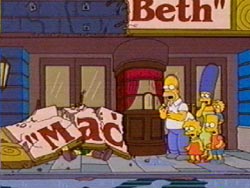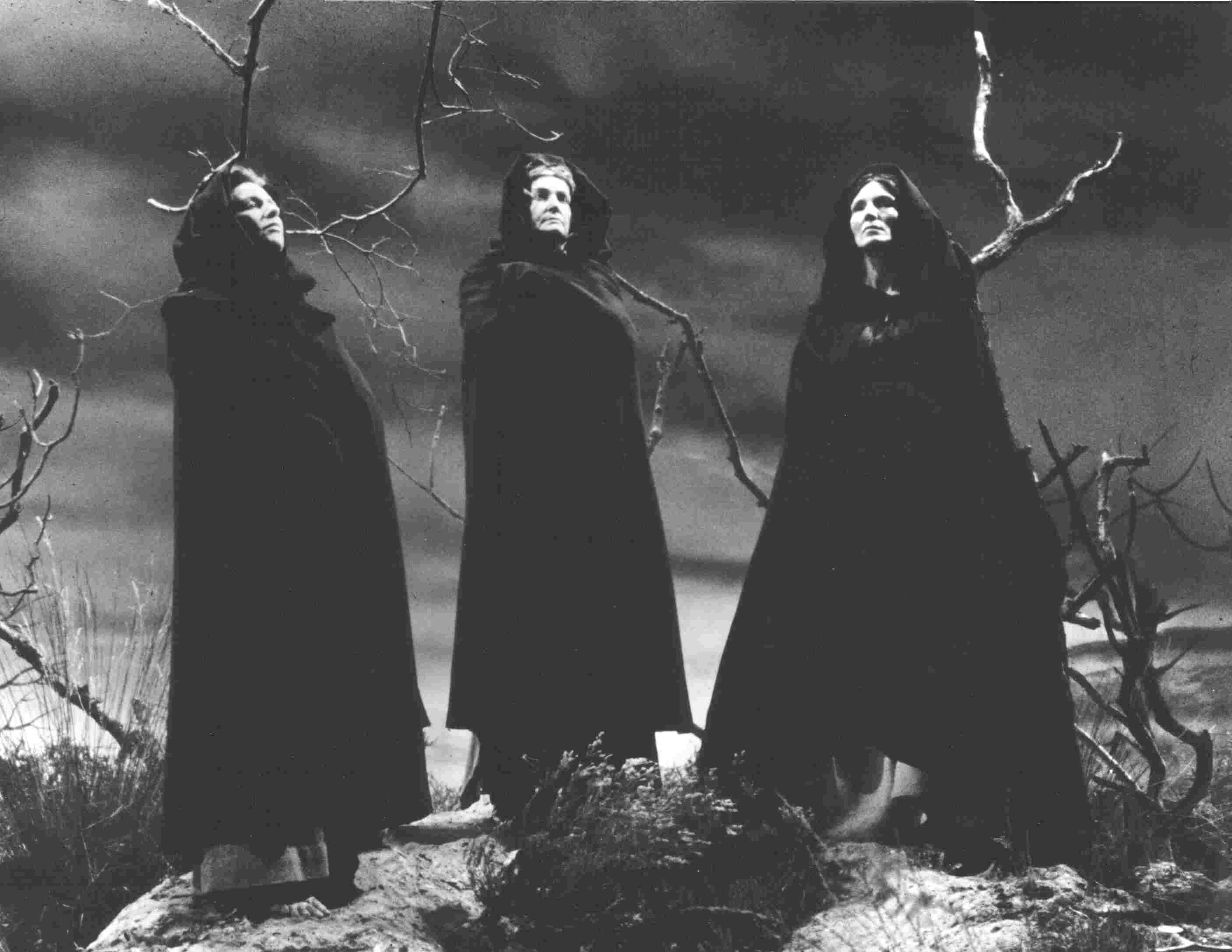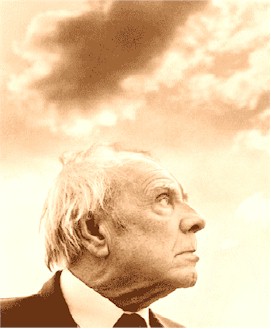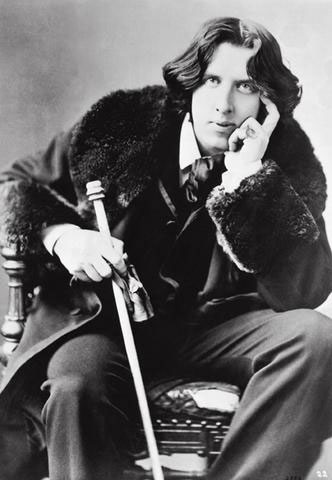We have discussed many thematic elements of Shakespeare's Macbeth.
These include:
Unchecked ambition
Self-destructive character traits
The deviousness of women
The idea of manhood
Madness
Guilt
Hubris
Such a happy little play.
We haven't really discussed the characters who are still alive at the end of the play. Macduff & Malcolm do some heavy soul-searching in Act 4, scene iii. They redefine some of the concepts of manhood and leadership.
Macbeth is often seen as Shakespeare's most misogynistic play. The portrayal of women is primarily unfavorable. Let's take a little inventory and see what we find.....

Lady Macbeth: Well, we all know she can be a real nag. She asks to be "unsexed" and to have the ability to be cruel. Her husband even tells her she would only make a good mother for boys. She pushes Macbeth into murder by questioning his manhood; this opens the door for him to go on a bloody rampage. The repercussions of his bloodbath start to haunt Lady Macbeth, and she ends up going mad, sleepwalking, and it is unknown if she commits suicide or is murdered. (Act 5, scene ix, 35-36)

The Witches: We all know what kind of gals these hags are. They mess with men's lives based on the actions of their wives. Macbeth, though, seems to never have met a woman he couldn't trust, so why not trust your fate to three bearded old specters?

Lady Macduff: Here is the epitome of Scottish womanhood. She dies as an innocent, although she is a little upset with her husband for running off and leaving them. She is probably the only sympathetic woman in the play.
Based on these observations, would you agree with Ben's observation last class that Shakespeare was a feminist through his strong portrayal of female characters? Or do you feel the plays King Lear and Macbeth demonize women?

















